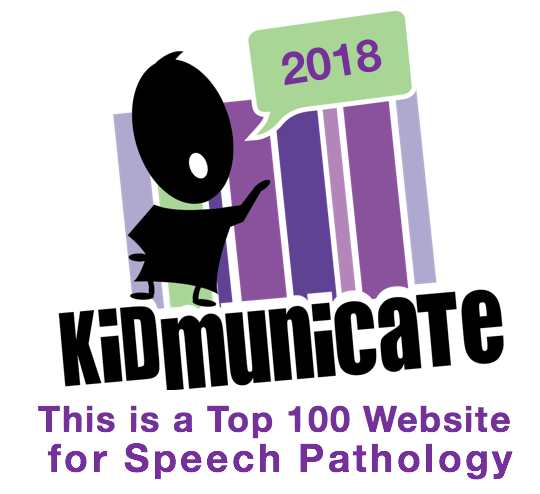-The "create a sentence" mode lets you build leveled sentences (e.g. at level 1 with articles, nouns, pronouns and present-tense verbs whereas when you increase difficulty, tenses, adjectives, prepositional phrases and adverbs come into play)
-Similarly, the leveled "challenge" mode asks you to recreate a sentence using the above grammatical categories.
Check out this video to see how it works.
SENTOPIARY - Create - A Hungry Bull from eeiioo on Vimeo.
Sentopiary is fun and engaging, as well as aligning with research demonstrating the importance of phrase elaboration for development of literate language. Kahmi (2014) states "There are three basic ways to make sentences more complex: (a) noun phrase elaboration, (b) verb phrase elaboration, and (c) conjoined and embedded clauses." This app includes contexts for (a) and (b), but not (c)- so I wrote to the developer and requested that they consider this! They promised to do so for future updates.
Kahmi also writes "My general principle for targeting complex syntax in therapy is this: Target the meanings and/or functions conveyed by the syntactic structure rather than the structure itself"- i.e. to make the intervention pragmatically appropriate. This app would seem to contradict that principle with its emphasis on labeling the structures. However, the metalinguistic aspects do align with curriculum goals (e.g. identifying nouns and verbs) and clinicians can easily incorporate strategies to emphasize meaning as I often recommend "around the app" such as:
-incorporating sketching or visualization strategies about constructed sentences and at the same time increasing bombardment/elicitation of the structure.
-utilizing the app's potential for absurdity in constructing sentences.
So check out Sentopiary- looks like a great tool for a wide age range!









